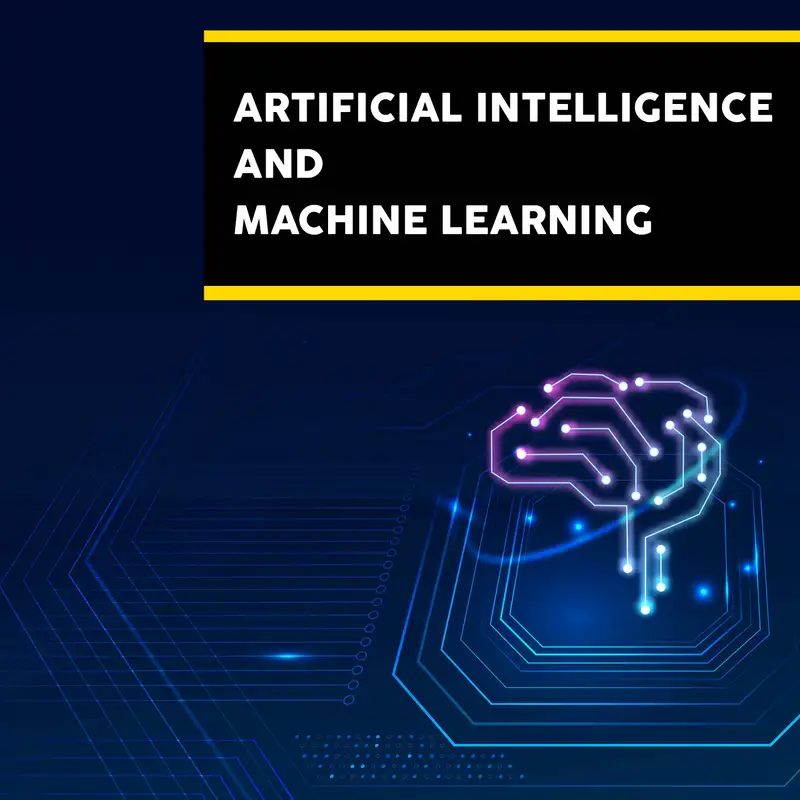 Episode 12
Episode 12
· 04:16
Hey, everyone. Welcome back to the Rochester Cybersecurity Podcast. It's your host, Haja Moh, here, bringing you another episode from the bustling, never sleeping heart of the digital world right from New York City. Before we launch into today's deeply intriguing topic, let's chat a bit about my day. I was down at Liberty Island earlier, marveling at the Statue of Liberty.
Speaker 1:It got me thinking about freedom, about how much we cherish our rights and privacy, yet how we're constantly navigating the fine line between security and liberty. It's a balancing act, much like the controversial technology we're diving into today, through the looking glass, facial recognition, and beyond. Facial recognition technology, folks, is like a double edged sword. On one hand, it's a marvel of AI innovation, promising enhanced security and convenience. On the other, it provokes intense debates over privacy and civil liberties.
Speaker 1:Imagine walking through Times Square, cameras on every corner, each face in the crowd being analyzed in real time. It's happening, and the implications are far reaching. Let's unpack this with a tale of 2 cities. New York with its network of cameras often used for everything from finding lost children to safeguarding public events, and a fictional city, Techtopia, that decides to implement facial recognition across all public spaces, aiming to become the safest city in the world. In TekTopia, the technology initially receives a claim.
Speaker 1:Missing persons are found within hours, and crime rates plummet. It feels like a victory, a testament to the power of technology in enhancing public safety, mirroring the initial enthusiasm seen in parts of NYC with its extensive surveillance network. But here's where the story takes a turn. Citizens of TekTopia start raising concerns. Activists argue the technology infringes on individual privacy, creating a surveillance state.
Speaker 1:Stories emerge of errors in the system leading to wrongful detentions. It sparks a heated debate across Techtopia, not unlike the discussions happening in coffee shops, forums, and town halls across New York City and beyond. The core of the issue? The balance between security and privacy. Facial recognition, with its ability to identify individuals and crowds, unlocks a new realm of security capabilities.
Speaker 1:Yet without stringent regulations and transparent usage policies, the risk of misuse looms large, threatening the very fabric of personal freedom. In response, TekTopia embarks on a journey to redefine the use of facial recognition. They implement rigorous consent protocols, establish clear guidelines for data usage, and introduce an audit system to ensure accountability. It's a blueprint for a more balanced approach, acknowledging the technology's potential while championing the rights of individuals. This story isn't just a cautionary tale.
Speaker 1:It's a call to action. For those intrigued by the complexities of facial recognition and driven to safeguard our digital future, there's a path forward. The Rochester certified cybersecurity engineer training and certification program is designed to equip you with the expertise to navigate these challenges. This prestigious elite certification recognized by ANSI and approved by the US Department of Defense isn't merely a stepping stone. It's a leap towards becoming a cybersecurity luminary ready to tackle the ethical, technological, and societal dilemmas of technologies like facial recognition.
Speaker 1:Broadcasting from New York City, a place of unparalleled diversity and vibrant discussions, I'm Haja Moe, encouraging you to explore, question, and contribute to the dialogue on facial recognition and privacy. May the universe bless and guide you on your path to cybersecurity enlightenment. Stay curious, stay informed, and until next time, let's keep striving for a world where technology serves to enhance, not infringe upon our freedoms.
Listen to The Rocheston Cybersecurity Podcast using one of many popular podcasting apps or directories.